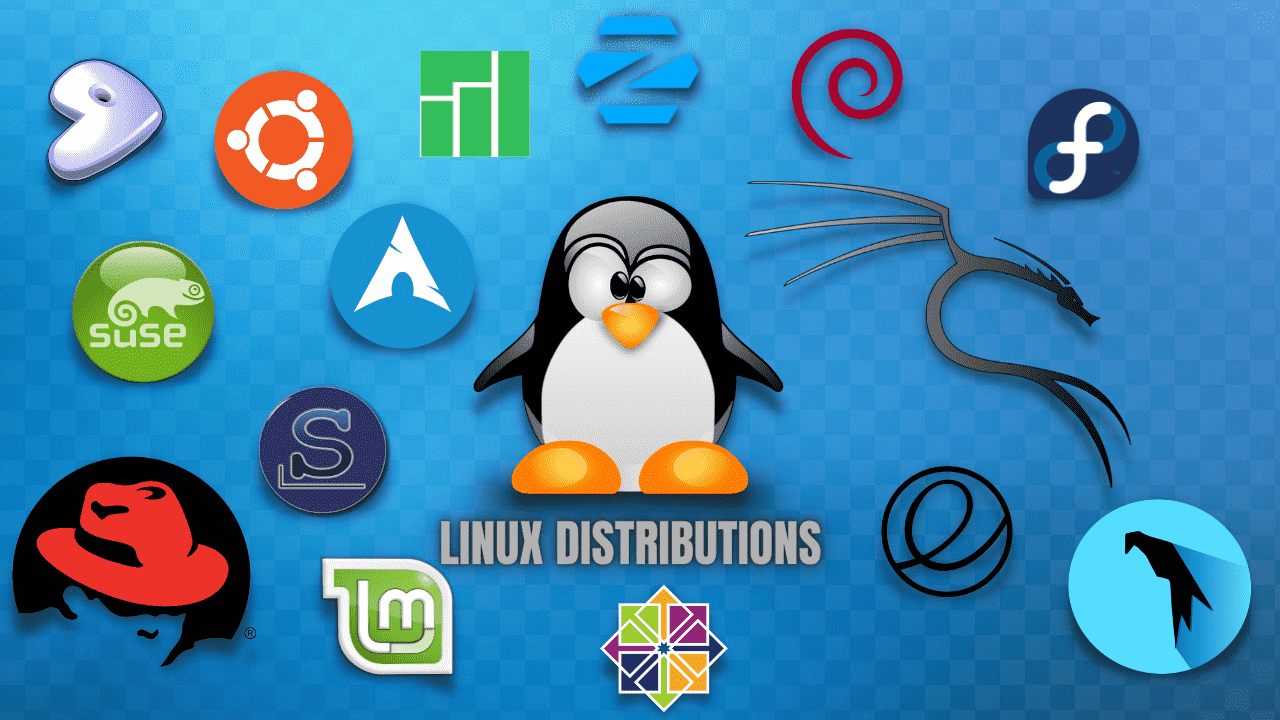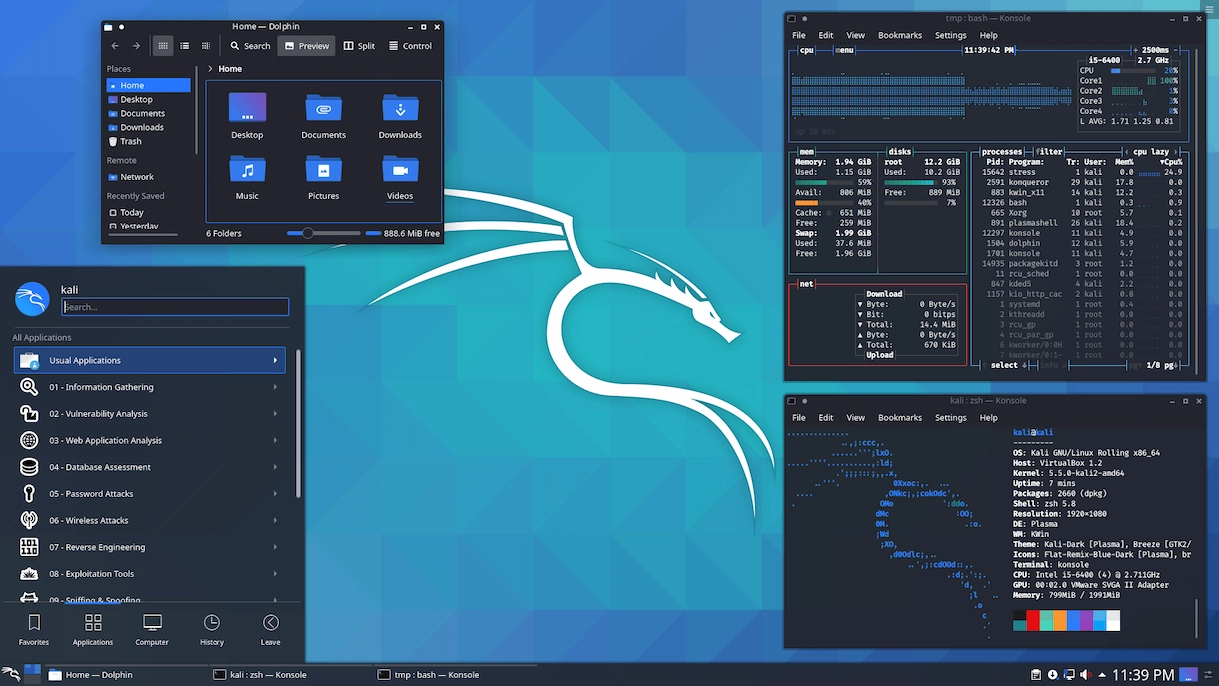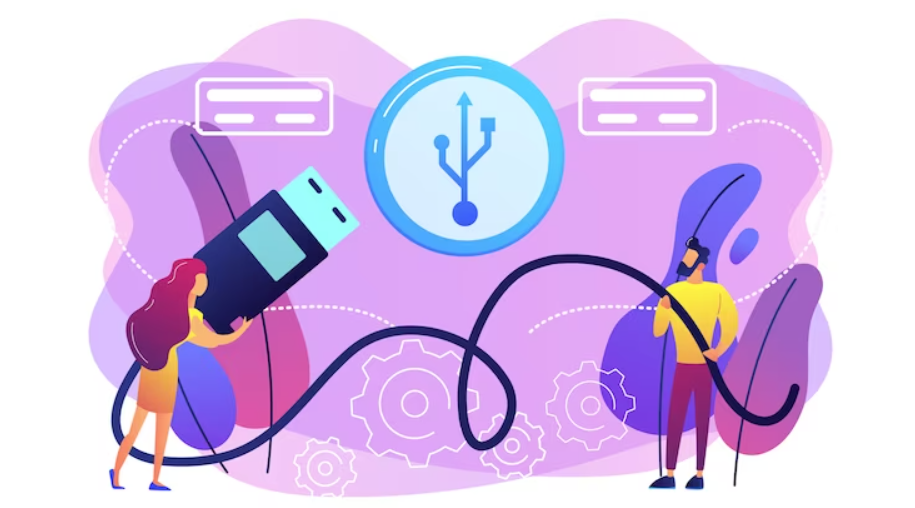Linux: Why is it Preferred by Hackers Over Other OS's

Ever wonder what the green fonts on black screens in hacker films and TV shows mean? When the hacker inputs something into those screens, the organisation or victim is suddenly hacked. Well, that is nothing more than a Linux terminal. This article describes Linux in detail and explains why hackers like it over other operating systems like Windows and Mac.
1.What is Linux?
Linux is a free, open-source operating system with a variety of features. Now-a-days, Linux is used in everything from smartphones to cars to the web servers that run websites like Facebook, Google, and others.
Here are a few of the linux distributions, commonly referred to as flavours or distros, that are listed below:

- Android
- Arch Linux
- Centos
- Debian
- Fedora Linux
- Kali Linux
- Linux Mint
- Puppy Linux
- Solus
- Ubuntu and all its versions (Gnome, Kubuntu, Xubuntu, and Lubuntu)
2.The Origin of Linux
2.1 Evolution of Unix
The C and Unix operating systems were created in 1969 by Dennis Ritchie and Ken Thompson at AT&T Bell Labs. They made it open source, although AT&T Bell Labs later released the UNIX OS as a commercial product in 1967. But this did not make people happy. As a result, UNIX was released in two versions:
- AT&T’s official Unix
- Free BSD Unix
2.2 Unix Expansion
Then many businesses began creating their own Unix systems, such as IBM’s AIX, Sun’s SubnOS, and HP’s HP-Unix.
All of this produced a mess that has many variations of the same thing. To put an end to this, American programmer and activist Richard Stallman launched a project with the aim of creating an open source operating system that would allow everyone to work together. However, his project failed to gain popularity.
2.3 Evolution of Linux

Linus Torvalds, a student at the University of Helsinki in Finland, began programming his own code in 1991 with the intention of creating a free academic version of Unix. This project later evolved into the Linux kernel.
He specifically created this program for his own PC since he desperately wanted to use a Unix 386 Intel computer but couldn’t afford one. On MINIX and the GNU C compiler, he completed it. Although he only intended to do it for fun, he ended up with a huge project.
2.4 Naming
Torvalds had originally planned to call it "Freax" (free, freak, unix), but Ari Lemmke, one of the volunteer administrators for the FTP server at the time and Torvalds coworker at the Helsinki University of Technology (HUT), did not think “Freax” was a good name, so he named it "Linux" on the server after combining Torvalds' first name and the word Unix without consulting Torvalds. Later on though, Torvalds approved of “Linux”.
3.Why do Hackers prefer it?
A hacker is basically someone who intentionally exploits computer networks or personal computer systems. Therefore, in light of these factors, Linux will be the best choice for hackers looking to test their abilities on an operating system that provides the highest level of security as well as one that increases the safety of their actions.
Additionally, there are several tools for hacking, sniffing, scanning, and etc readily available for Linux machines, which is why hackers choose it. But the main reasons why hackers prefer Linux are the same reasons why more people are installing it on their own devices now as the popularity of this operating system grows.
Here are eight explanations for why hackers prefer Linux over other operating systems:
3.1 Open Source

3.2 Ease of Use

If not, there are plenty stuff available for beginners on Google and YouTube.
3.3 Security

3.4 Free

3.5 CLI

3.6 Multitasking

3.7 Most of the tools are linux-compatible

3.8 Lighter and Portable

Happy reading, and I hope this information is helpful…🐾